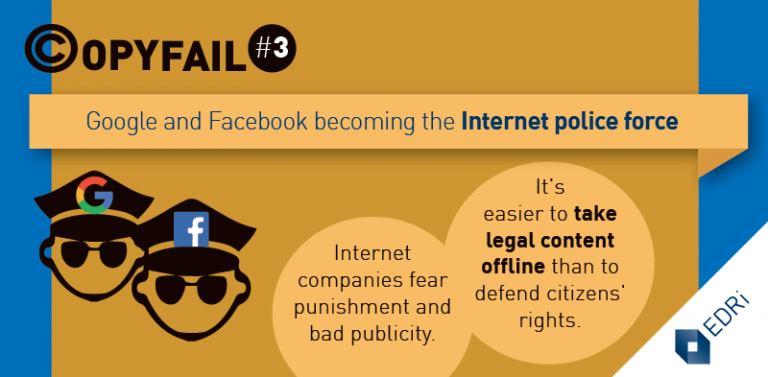Automated systems to identify child abuse material (and flag it for removal) on the Internet is now going to be used to combat “extremist” and “hateful” content on social media.
“However, the definition of “extremist content” is everything but clear; CEP’s algorithm does not (and logically cannot) contain this definition either. Even if it were to use a database of previously identified material, that still would create problems for legitimate quotation, research and illustration purposes, as well as problems regarding varying laws from one jurisdiction to another.”
“The Joint Referral Platform has the potential to automate Europol’s not-formal-censorship activities by an automatic detection of re-upload. However, it remains unclear whether any investigative measures will be taken apart from the referral – particularly as Europol’s activities, bizarrely, do not deal with illegal material. There is obviously no redress available for incorrectly identified and deleted content, as it is not the law but broad and unpredictable terms of service that are being used.”
What could possibly go wrong..?

